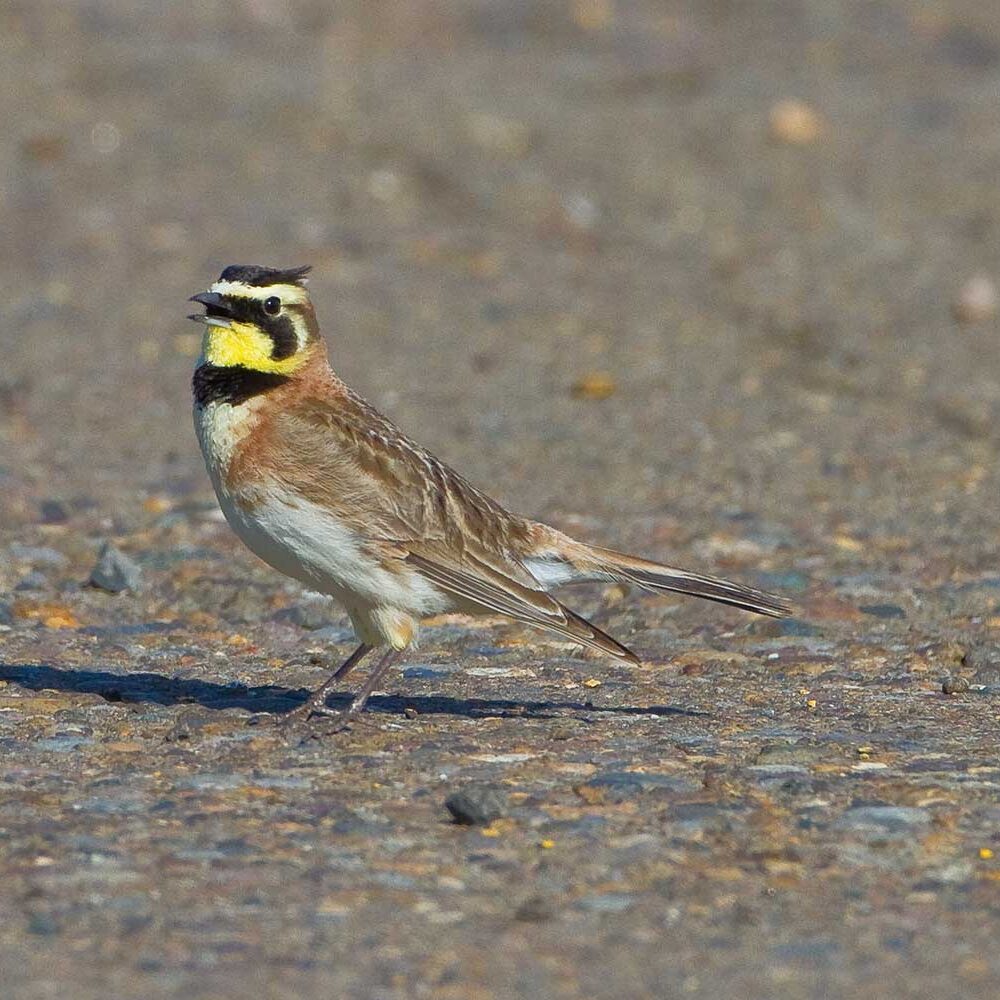Tribal Engagement
The JBLM Sentinel Landscape is in the early stages of engagement with the Chehalis Indian Tribe, Nisqually Indian Tribe, and Squaxin Island Indian Tribe.
Credit: JBLM
Programs
Programs with secured funding:
Additional supporting programs:
-
Hiring a Seed Coordinator
Hiring a Seed Coordinator to identify and coordinate regional priorities, address seed production and purchasing, and manage sourcing issues, including working with tribal partners to identify and incorporate culturally appropriate plant species.
-
Habitat Restoration
Integrating actions to restore habitat and facilitate the recovery of ESA-listed species and Indigenous harvest of native food plants (including common camas).
-
Culturally-centered Wildland Fire Training
Providing a culturally-centered wildland fire training for both Tribal and non-Tribal fire practitioners. Ecostudies, in collaboration with several regional tribal experts, has an existing cultural burning training program. As part of this project, the team will hold culturally-centered wildland fire training exchange events. Key outcomes include workforce development, increased local capacity for prescribed burning, and incorporation of cultural burning objectives and techniques into land-management practices, on and off tribal lands.
-
Spring Workshop
Organizing a tribal Co-Management workshop focusing on prairie and oak woodland management in spring 2025.

Implementation Plan
The JBLM Sentinel Landscape is in the final stages of a strategic Implementation Plan update which include-
-
Tribal Interest
Supporting cultural practices and priorities of indigenous stewardship and management.
-
Recognize Tribal Sovereignty and Interests:
The Partnership will respect Tribal sovereignty and the Tribal role as stewards of natural resources by striving to better understand and engage local Tribes.
